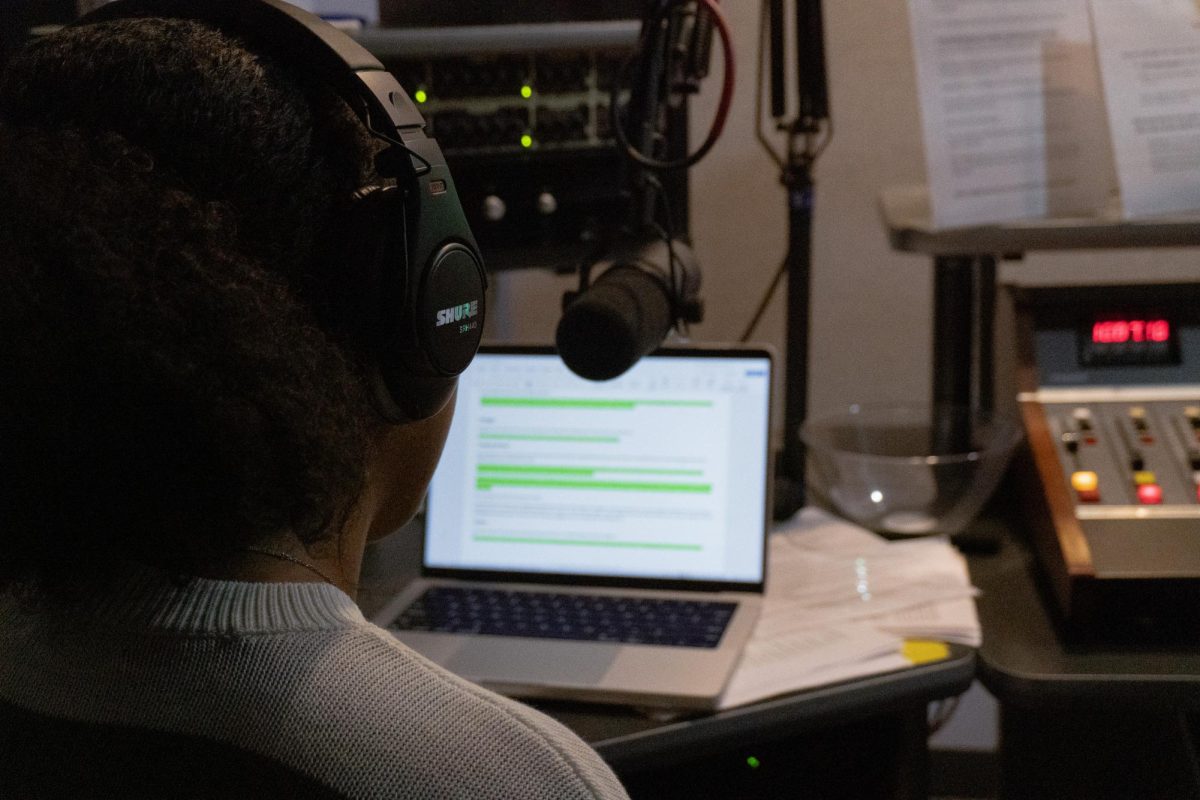Rev. Brian Linnane, S.J., dedicated most of his annual State of the University address last Wednesday to Loyola’s wavering financial stability.
The University has a $5 million deficit in the coming budget to contend with, and “no contingency or emergency funds” to protect itself if it should face an unexpected crisis. In such circumstances, “we would not be financially strong enough to continue to operate at our current level, and it could dramatically impact the delivery of our quality education and student services,” Rev. Linnane said.
His announcement comes on the heels Forbes magazine giving the University a “C” in its evaluation of the financial health of higher education institutions released in August. This grade, which was discussed in more detail in a Greyhound article on September 17, ranks Loyola 419 out of more than 900 schools and last among the institutions in the Patriot League.
Rev. Linnane cites the economic climate, which has increased student’s need for financial aid in order to meet high tuition costs, for the financial strain, as well as slowing undergraduate and graduate enrollment. Adding to that are that the financial struggles higher education in general is facing and the proposed changes to the federal student grants and loans, which Rev. Linnane said “could force many institutions to change how they do business, and maybe even close.” Loyola has been cutting operating expenses for years to compensate but “has hit a wall.”
Although he did not provide any specific information about where budget cuts would be made, Rev. Linnane said that the University “must reshape our budget and how we do business” immediately in order to compete in the current market.
These changes will be made by the New Way of Proceeding initiative, which was created in last January to “strengthen the University’s long-term financial stability, market competitiveness and institutional vitality,” according to the letter released to the campus community at the beginning of the spring semester. The initiative’s goal is to find a way to get the University back on a balanced budget and allow it to complete the strategic plan, on course to finish in 2015.
One important part of improving Loyola’s financial position, according to Rev. Linnane, is to increase the University’s operating reserves, which are assets that can be quickly changed into cash and used to fund deficits during those unexpected events and economically unstable periods. Also important are growing assets, investments, the endowment and the admissions yield.
“When we were recently reaccredited, we were praised effusively for our upward trajectory and excellence,” Rev. Linnane said. “If we don’t raise the funds to achieve our strategic goals, we will be maintaining the status quo for Loyola. To maintain the status quo, however, would mean falling behind. This cannot be an option for the University.”
As an example of the potential dangers the University faces, Linnane pointed to the financial situation at Loyola University New Orleans, which has instituted major staff and faculty cuts to stave off a $9.5 million budget shortfall from unexpectedly low enrollment.
“We cannot continue to do business as we have been doing it in the past,” Linnane said. “We need a new approach, a new way of thinking.”
He acknowledged that the changes coming will be painful, but asked the faculty and staff assembled to stay committed to the University community, be creative with their resources and be supportive of the New Way of Proceeding committees as they begin making changes.










































































































